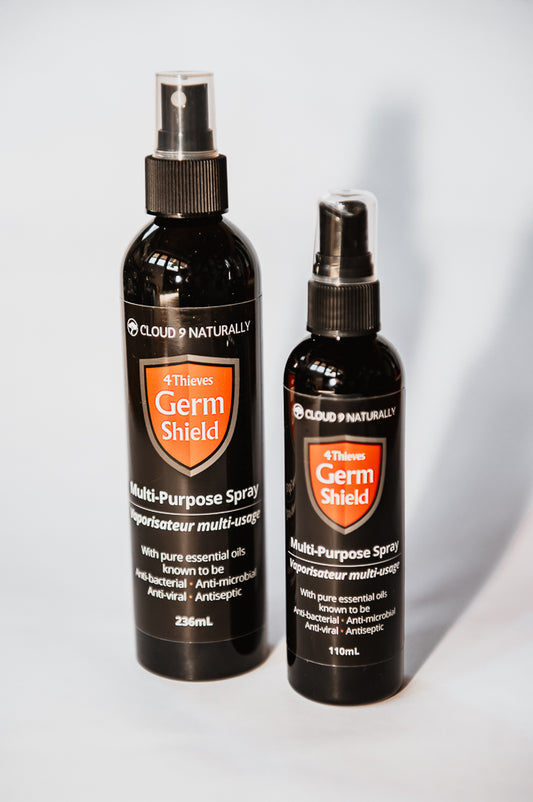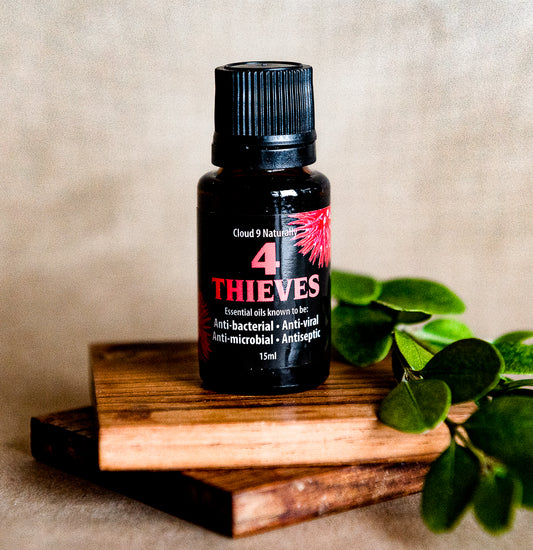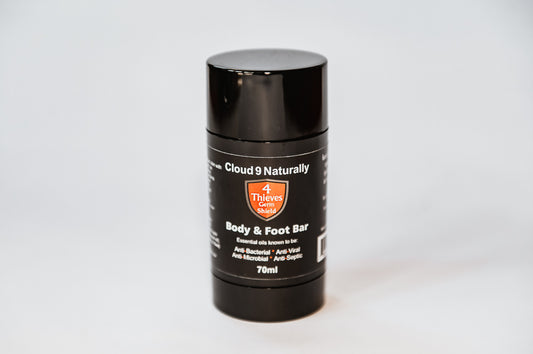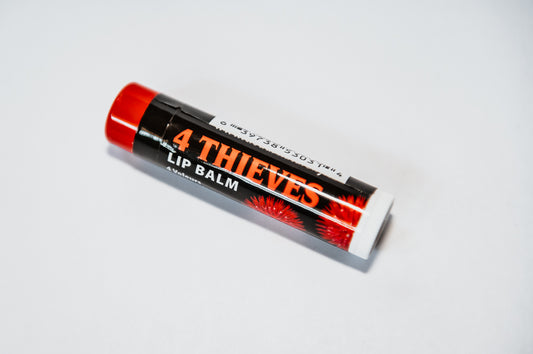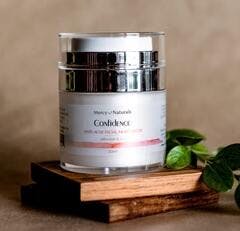I have previously given a 5 star review on Mercy MSM cream but just want to add that several friends I have recommended it too have also said it is a 5 star product.
Thank you, thank you, thank you. Word of mouth is how we have stayed in business for 25 years. I hope you are signed up for loyalty points and don't forget that you can get a discount code for you and anyone you recommend so make sure you go to the loyalty page before your friend buys.
Joann
I have tried many “pain-relieving” products over the years to no avail. The Mercy spray is wonderful - it works quickly and has a pleasant scent (not overly medicinal). I have shared the love and have converted family members to the Mercy products as well. (Cream and soak are great too, but spray is my personal fave!)
Hi Kat
Thank you much for the 5 stars and for informing me of my broken link. 5 stars for Best Customer this month!! (we don't actual have a best customer catagory but if we did, you would be in it) We can't afford advertising so reviews are gold to us.
We are working on an extra strength spray at the moment, hoping for release in the spring. Stay tuned!
Joann
I have used Mercy Spray for quite a while and am always pleased with the results. It smells great and works quickly. I will keep using it as long as it is available.
Hi Annette
Thank you so much for the 5 stars! We will hopefully be able to keep making this for many years to come because people like you support us. So happy to hear that it works for you. Joann
Stumbled upon this and am now exclusively using it. It’s so relaxing, it reduces some of chronic pain and has a lovely scent. Anytime I’ve recommended it to has been pleasantly surprised at how well it works
Hi Christina
So happy to hear that you love our Mercy enough to recommend it to people. We stopped doing shows due to the high price so word of mouth is the only way we continue to grow. We appreciate it so much! I hope you are signed up for the loyalty program so that when you recommend our product, you and your friend will get a discount as a thank you. Joann
I love ❤️ this face cream. It’s has a nice creamy texture , easy to apply and you don’t need a lot.
I 💕 love how nice it feels on my face.
PS my dog loves the smell
Hi Linda
I am so pleased to hear that you love our face cream. Frankincense and myrrh not only smell great but are anti skin cancer and anti wrinkle! Joann


